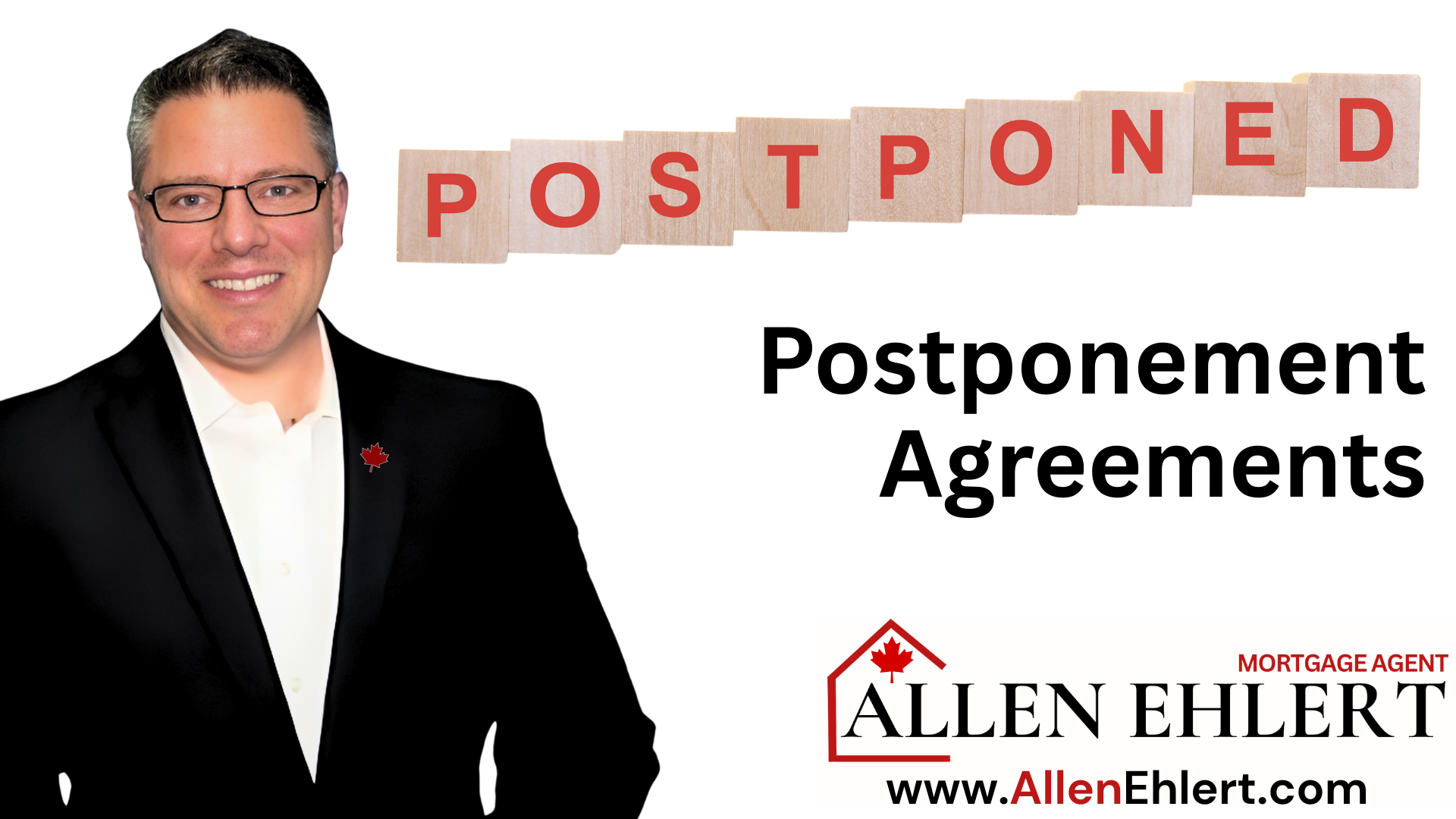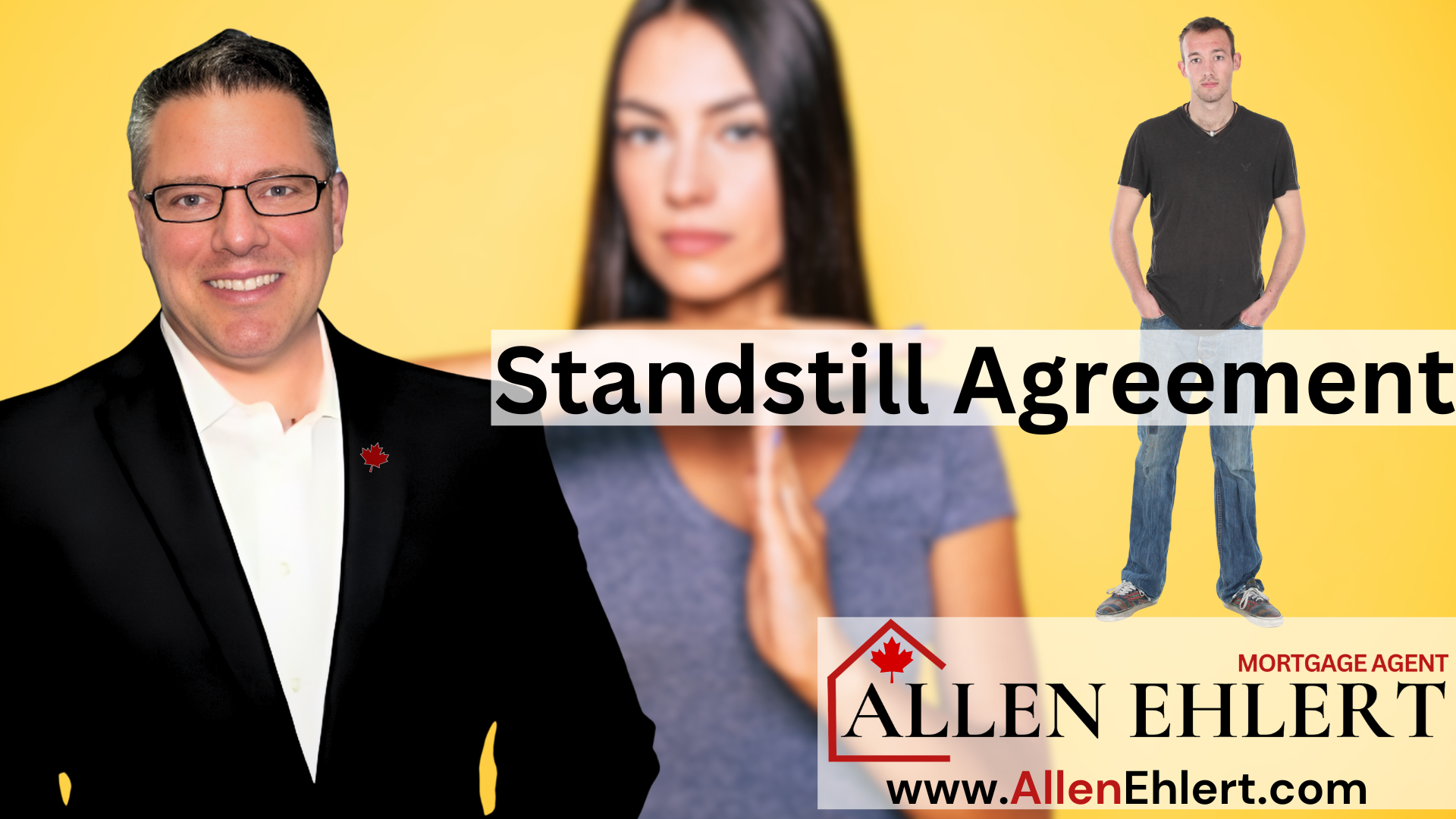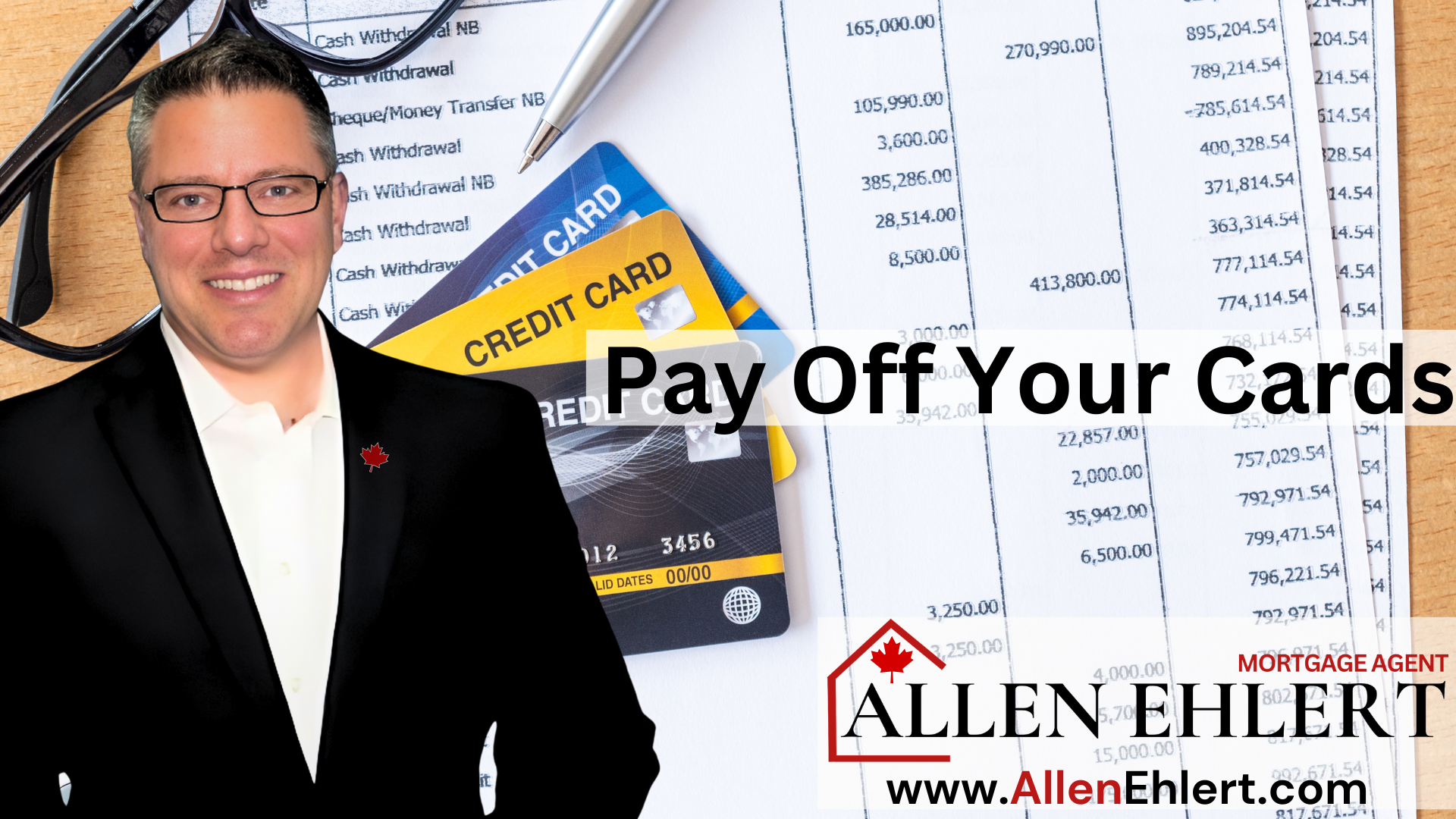So you’ve found a great-looking unit in a well-kept building at a price that makes your eyebrows shoot up. It’s not a condo — it’s a co-op. And now you’re thinking, “Hey, maybe I’ll rent it out. Get a tenant in there, let them cover the costs, and maybe even make a little on the side.”
Let’s press pause right there.
Co-ops don’t work like condos — not in how they’re owned, not in how they’re financed, and definitely not in how they’re used. And if you’re planning on leveraging the property to generate rental income or make investment plays, you need to understand this right now:
Co-ops are for residents — not revenue.
Let’s break this down, especially from the angle of mortgage financing and the very real risks of “inappropriate use.”
The Nature of Co-ops: Why They’re Different
Mortgage Financing: What Lenders Are Thinking
What Happens If You Misuse the Unit?
The Big Takeaway: Use It As Intended — Or Don’t Buy
My Final Thoughts from the Mortgage Desk
The Nature of Co-ops: Why They’re Different
When you buy into a co-op, you’re not getting title to real estate. You’re buying shares in a corporation that owns the building, and in return, you’re granted the right to live in a specific unit.
This means:
- You’re a shareholder, not a titleholder.
- Your mortgage isn’t registered as a charge on a unit like a typical real estate mortgage.
- The co-op board has a ton of control over how the unit can be used — including who lives there, whether it can be rented, and under what conditions.
In short, you’re not the boss — the board is.
Mortgage Financing: What Lenders Are Thinking
Here’s where things get even trickier. Because of the structure, most traditional banks and lenders won’t finance co-ops — or they’ll only touch very specific ones that meet their internal criteria (rare). So as a mortgage agent, I’m usually looking to place these deals through:
- Credit unions
- Trust companies
- Alternative lenders
Even then, lenders will often ask for:
- A minimum 25%–35% down payment
- Full board approval documentation
- The building’s financials, reserve fund status, and bylaws
- Confirmation that the unit will be owner-occupied
And here’s the kicker: if you plan to use rental income to help qualify, that’s usually a hard no.
Why?
Because rental income is meaningless to the lender if the co-op won’t allow rentals. Most lenders won’t include projected rent in your debt servicing ratios unless:
- The co-op explicitly permits rentals
- The board has pre-approved the rental
- A signed lease is in place
- You’ve got a strong justification and fallback plan
Even then, only niche or private lenders may accept it — and often with a haircut (they may only use 50% of the rent in the calculation).
What Happens If You Misuse the Unit?
Now here’s where buyers can really get into trouble.
Let’s say you decide to rent the unit out anyway — without telling the board, or maybe just assuming they wouldn’t mind. Maybe you genuinely didn’t know it wasn’t allowed.
Here’s what can happen:
- The board can revoke your right to occupy or force you to move back in.
- They can fine you, deny the lease renewal, or block any future rental.
- In some cases, they can take legal action to force the sale of your shares.
- They may notify your lender if your usage violates the co-op agreement — which can trigger serious consequences.
From the lender’s perspective, this is a breach of your mortgage terms.
If you told the lender the unit would be owner-occupied and then turn it into an income property without consent, you’ve misrepresented the use of funds. That’s mortgage fraud — even if unintentional. The lender could:
- Call the mortgage (i.e., demand full repayment)
- Refuse to renew the mortgage at term
- Blacklist you from future borrowing
And because there’s no land title involved, they have fewer legal tools to recover value if things go sideways — so they tend to act fast and hard when something doesn’t line up.
The Big Takeaway: Use It As Intended — Or Don’t Buy
The appropriate use of a co-op is pretty straightforward: live in it. That’s what the board expects. That’s what most lenders expect. And that’s what the structure is designed to support.
If you’re buying with the goal of renting it out — especially for profit — then a co-op is the wrong move.
And if you’re still unsure? Ask first. Before you write an offer. Before you apply for a mortgage. Before you build a cash flow spreadsheet.
My Final Thoughts from the Mortgage Desk
I’m not here to talk anyone out of buying a co-op — they can be fantastic homes for the right person. Lower entry costs, great buildings, community-focused living. But they are not investment vehicles. If you don’t fully understand how the building works, or what the board will and won’t allow, you’re gambling with both your mortgage and your money.
Always read the bylaws. Always ask the board. Always disclose to your lender.
And when in doubt — call me. I’ll help you figure out whether the co-op in question fits your lifestyle, your budget, and your long-term goals.












